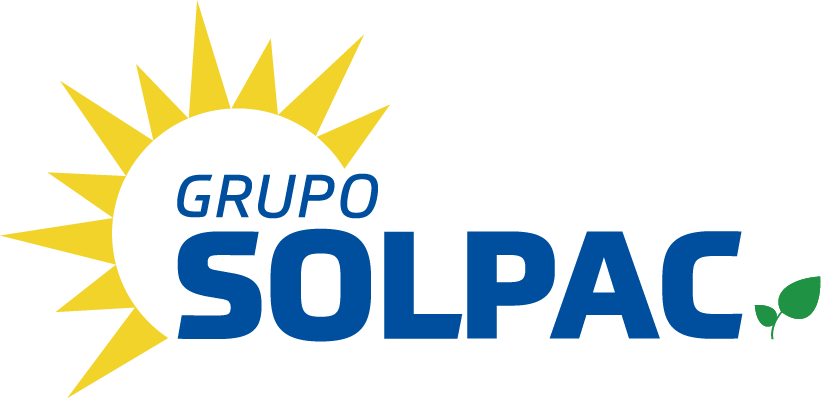Embarking on the journey of coursework research is an intellectual venture that demands meticulous arranging, critical thinking, and a dedication to ethical integrity. Among the a multitude of challenges that students confront, navigating ethical considerations is actually a paramount concern. As scholars in the USA delve into the world of composition research, understanding and responding to ethical complexities is not only any scholarly responsibility but the moral imperative. In this article, this site offers a comprehensive guide to navigating moral labyrinths in dissertation analysis, equipping you with experience to ensure ethical integrity in our academic exploration.
The Honest Landscape: A Vital Perspective
Ethical considerations lie at the heart of any research endeavor. While future scholars, students use https://www.phddissertation.info/research-methodology-for-phd/ a duty to uphold ethical standards to safeguard the welfare of participants, the ethics of research, and the reputation of academia.
Understanding Ethical Guidelines
Before embarking on your dissertation research, it’s essential to become acquainted with the ethical principles that underpin responsible research:
**1. Respect for Autonomy
Make sure participants provide informed authorization and have the freedom to withdraw from the study at any point. Assist their autonomy and safeguard their rights.
**2. Beneficence and Non-Maleficence
Strive to take full advantage of the benefits of your research while decreasing any potential harm to participants, communities, or society most importantly.
**3. Justice
Ensure justness in participant selection, distribution of benefits, and consideration with the impact of your research about diverse populations.
**4. Honesty and Transparency
Conduct investigation with honesty, integrity, as well as transparency. Accurately represent your personal findings and avoid fabrication, corruption, and plagiarism.
Ethical Issues: Navigating Complex Terrain
Dissertation research often presents honest dilemmas that require careful consideration. Below are a few common ethical challenges as well as strategies for addressing them:
**1. Confidentiality and Anonymity
Secure the confidentiality and anonymousness of participants by using ficticious names and securing data by encryption. Ensure that sensitive details remains undisclosed.
**2. Well informed Consent
Obtain informed sanction by clearly explaining the study’s purpose, procedures, possible risks, and benefits to help participants. Use language that is certainly comprehensible and respectful of their backgrounds.
**3. Vulnerable Populations
When working with vulnerable populations, for example minors or marginalized categories, take extra precautions to make sure their well-being and advised participation.
**4. Dual Characters and Conflicts of Interest
Stay away from conflicts of interest that may come up from dual roles, for example being a researcher and a counselor. Maintain objectivity and prioritize the well-being of contributors.
Ethics Review and Approval
Most academic institutions require ethical review and agreement before conducting research including human participants. Here’s how to navigate the ethics assessment process:
**1. Submit expose Proposal
Craft a comprehensive analysis proposal that outlines typically the study’s objectives, methodology, ethical considerations, and potential dangers.
**2. Ethics Review Panel
Present your proposal for the ethics review board or perhaps committee at your institution. Expect you’ll answer questions and address any kind of concerns they may have.
**3. Modification and Approval
Likely be operational to modifications or strategies from the ethics review aboard. Once approved, you can travel with your research, ensuring that you actually adhere to the approved project.
Mitigating Ethical Risks: Methods for Success
To navigate honest labyrinths effectively, consider these strategies to ensure ethical integrity within your dissertation research:
**1. Regular Reflection
Regularly reflect on typically the ethical implications of your investigation decisions. Engage in self-assessment to be sure your actions align having ethical principles.
**2. Examination and Collaboration
Seek instruction from mentors, advisors, and also experienced researchers. Engaging in honourable discussions can illuminate likely challenges and solutions.
**3. Open Communication
Maintain start communication with participants through the research process. Address almost any concerns they may have and supply avenues for feedback.
**4. Transparency in Reporting
In the dissertation, transparently discuss moral considerations, challenges faced, and exactly how you navigated them. That showcases your commitment to moral research.
Conclusion: A Moralista Compass in Dissertation Research
As students in the USA project into the realm of dissertation research, ethical considerations function a moral compass guiding your path. Upholding ethical key points not only reflects your determination to responsible scholarship but additionally shapes your role for a future contributor to the educational community. By navigating ethical labyrinths with vigilance, affinity, and adherence to best practices, you cultivate a research vacation that not only advances knowledge but also fosters ethical improve. Remember, your dissertation investigation doesn’t merely shape your personal academic identity; it shapes your ethical legacy in the world of academia and beyond.
